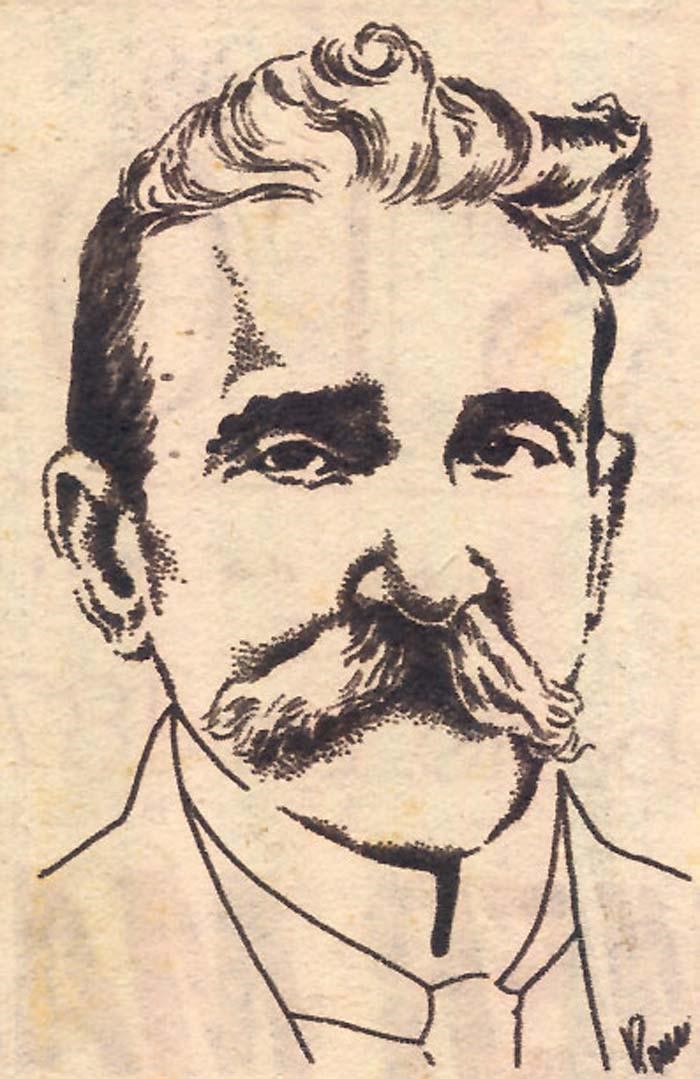Carlos Baliño: A Life Dedicated to the Struggle for Justice and Emancipation.

He also collaborated with Julio Antonio Mella in organizations such as the Anti-Imperialist League, the Cuban Section and, most notably, the nation’s first Communist Party, to which they both gave life.

Carlos Benigno Baliño y López, one of the most outstanding precursors of Marxist thought in the Caribbean, is remembered for his tireless struggle for social justice, anti-imperialism and the emancipation of the island where he was born on a day like today, but in 1848.
The arduous revolutionary path of this distinguished son of Guanajay took off once the independence outbreak of October 10th, 1868 materialized. He stood out then for his work as a member of the Tobacco Pickers Guild in Key West, the foundation of two lodges and the first workers’ guild Caballeros del Trabajo in Tampa, his role as editor of La Tribuna del Pueblo and his leadership at the head of the pro-independence clubs Francisco Vicente Aguilera, Enrique Roig, Diez de Abril and Leopoldo Turla, among others.
His intense propagandistic work together with the Apostle José Martí and other relevant figures of the emigration was essential to raise funds and join forces against the Hispanic colonial yoke. As a stubborn defender and self-taught Marxist, he saw in the liberation of the nation an opportunity to improve the conditions of the working class and strengthen socialism, an emerging ideology at that time.
Baliño not only participated in the creation and development of the Cuban Revolutionary Party together with the Master, but also in other structures that defended the interests of the workers, such as the Obrero, Obrero Socialista and Socialista de Cuba parties, as well as the International Socialist Grouping. Likewise, he perfected his journalistic work in different publications such as El Obrero Cigarrero, Lucha de Clases, El Productor and Juventud magazine, among others.
He also collaborated with Julio Antonio Mella in organizations such as the Anti-Imperialist League, the Cuban Section and, most notably, the first Communist Party of the nation, which they both gave life to on August 16, 1925 and which became a powerful political force that, despite the convulsive scenario in which it was born, was essential to realize the dreams of a social revolution in the country.
Unfortunately, after an admirable action for the emancipating and socio-political cause, the Island lost on June 18th, 1926, in the capital, this paradigm of the Antillean intellectuality and insurgency and example for the present and future generations, whose imprint survives in the heart of the Cuban people.
Written by Yadiel Barbñon Salgado.



